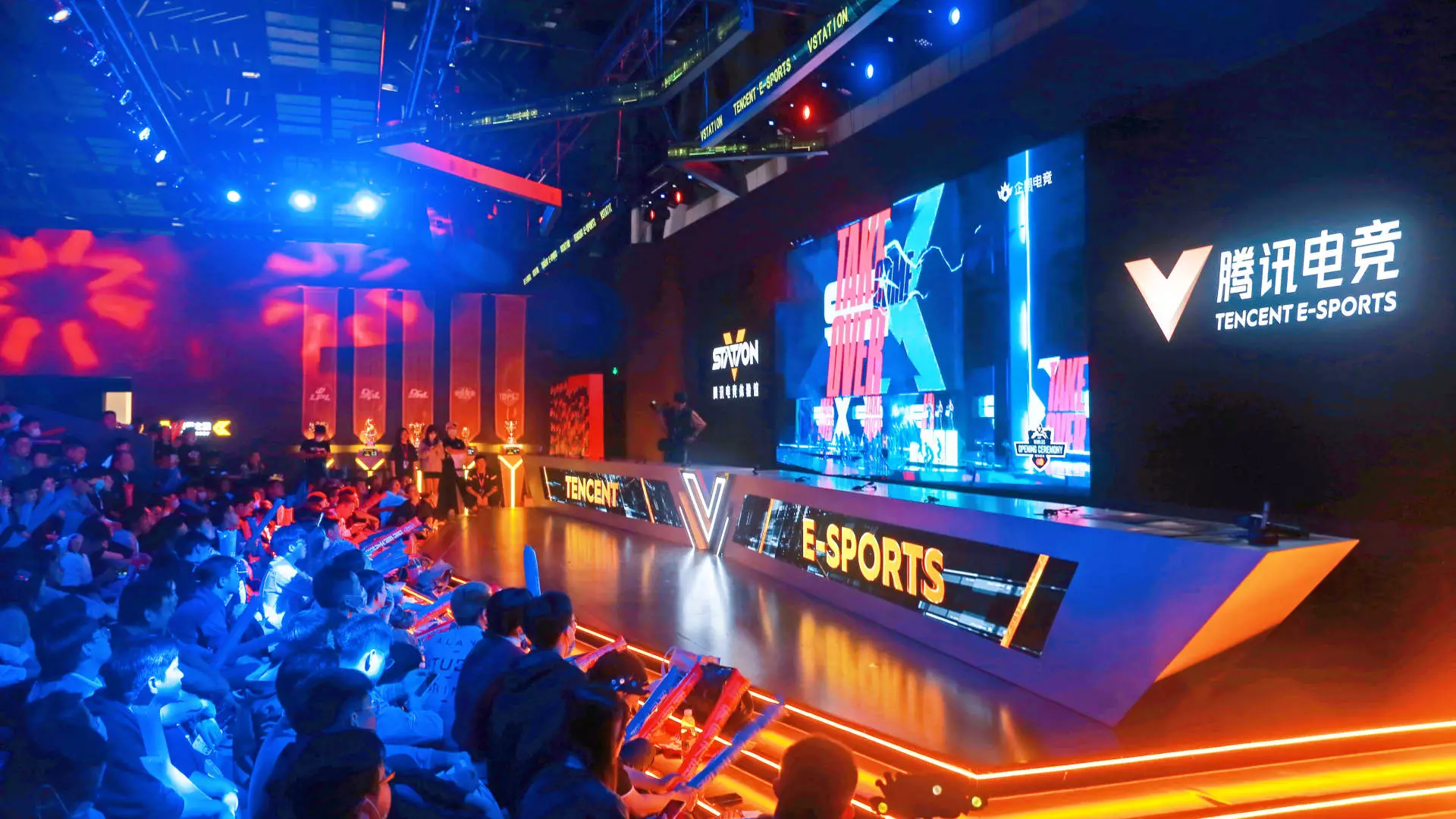On Friday, Tencent, one of the largest online gaming companies in the world, suffered a massive loss of approximately $43.5 billion in market value. The cause of this sudden decline was the unexpected announcement of new regulations by China’s National Press and Publication Administration aimed at curbing excessive gaming and spending. This shocking development sent shockwaves through the financial markets, leaving investors and industry experts bewildered.
A Blow to Existing Business Models
Analysts and experts expressed concerns about the viability of existing business models in the online gaming industry following these regulatory changes. Brian Tycangco, an analyst at Stansberry Research, stated that this move by Beijing casts doubt on the sustainability of business models that heavily rely on incentives and rewards to attract and retain users.
The regulatory guidelines disrupt the foundation of these models, leaving companies like Tencent and NetEase scrambling to adapt to the new rules. Tencent, the parent company of popular platforms like WeChat, saw its shares plummet by 12.4%, closing at their lowest level since November 2022. NetEase, another major player in the industry, experienced a staggering 24.6% plunge, wiping out approximately $14.7 billion off its market capitalization.
The impact of China’s gaming regulations extended to other gaming giants as well. Bilibili, a prominent social media site with a substantial revenue stream from Chinese domestic gaming, witnessed a 9.7% slide in its shares. The company’s market capitalization reduced by about $307 million.
The broader market was also affected, as the Hang Seng Index closed down 1.7% and the China Enterprises Index ended down 2.3%. Investors were clearly rattled by the sudden regulatory changes, resulting in a significant dip in market confidence.
Industry experts and analysts voiced the need for greater clarity and coordination between the gaming industry and regulators. While the new regulations were intended to guide the industry towards innovation and high-quality games, the lack of clear directives and guidelines created confusion and uncertainty among investors.
Brian Tycangco emphasized the importance of swift action and clear communication between all stakeholders. He expressed confidence that more clarity would emerge in the coming days and weeks, but also acknowledged that investors were not willing to wait for the dust to settle. It is evident that a collaborative approach between industry players and regulators is essential for the future growth and stability of the gaming sector.
China’s gaming industry has been subject to increasing scrutiny in recent years. In 2021, President Xi Jinping raised concerns about the negative impact of excessive online gaming on the well-being of the country’s youth. The National Press and Publication Administration responded by imposing restrictions on the playing time of children under 18, limiting them to three hours per week during specified time slots.
These new regulations on gaming transactions and consumption behavior are the latest in a series of measures implemented by Chinese authorities. The government aims to strike a balance between supporting the gaming industry’s growth and addressing concerns regarding addiction and adverse effects on mental health.
The Future of China’s Gaming Industry
While the initial shockwaves from China’s gaming regulations have undoubtedly shaken the industry, it is essential to consider the long-term implications. The regulations, albeit disruptive, may push gaming companies to innovate and explore alternative business models that comply with the new guidelines.
The gaming industry has consistently demonstrated resilience and adaptability in response to regulatory changes and technological advancements. Companies like Tencent and NetEase have the resources and expertise to navigate these challenges and emerge stronger.
In the coming months, it is crucial to observe how the market adjusts to the new regulations and how gaming companies adapt to the evolving landscape. Greater collaboration between industry players and regulators will be key to finding a balance that promotes sustainable growth while addressing societal concerns.
China’s gaming regulations have sent shockwaves through the industry, resulting in significant market value losses for major players like Tencent, NetEase, and Bilibili. The viability of existing business models is being questioned, and uncertainty looms over the industry’s future.
However, it is essential to recognize the potential for innovation and adaptation within the gaming industry. Companies with a strong market presence and financial resources can weather these regulatory storms and emerge stronger. As clarity and coordination increase between industry players and regulators, a path forward will likely emerge, creating a new era for China’s gaming industry.


Leave a Reply